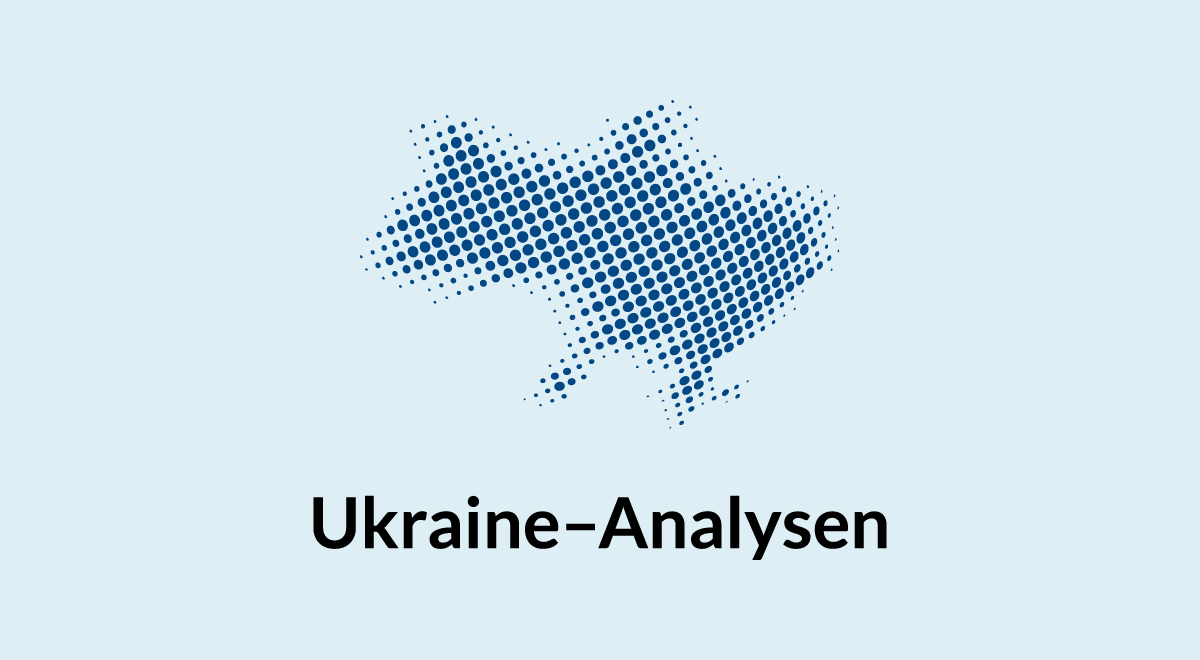 Analyse
Analyse Von Wilfried Jilge
Unmittelbar nach seiner Wahl zum Präsidenten reiste Viktor Janukowitsch zur EU-Kommission nach Brüssel, wo er seinen ersten Antrittsbesuch im Ausland absolvierte. Der früher häufig als prorussisch eingestufte Janukowitsch, für den 2004 die Präsidentenwahlen gefälscht wurden, gab sich in der Pressekonferenz mit José Manuel Barroso ausgesprochen proeuropäisch: Für die Ukraine werde, so Janukowitsch, die europäische Integration ebenso wie die Realisierung systematischer sozioökonomischer Reformen Priorität haben. Experten haben bereits im Wahlkampf darauf hingewiesen, dass der neue Präsident einen auf die Integration der Ukraine in die Strukturen der EU zielenden Kurs – wenn auch vorsichtiger als sein Vorgänger – fortsetzen könnte. Hatte die westliche Berichterstattung Janukowitsch früher meist als moskauhörigen Kandidaten eingestuft (was in dieser Eindeutigkeit schon 2004 nicht ganz richtig war), werden er und seine Rivalin Julia Timoschenko heute immer häufiger als gleichermaßen »prorussisch« wie »proeuropäisch« eingeschätzt. Dies ist keineswegs ausgeschlossen: Bei der Bewältigung der die Ukraine heftig treffenden Finanzkrise ist die Ukraine nicht nur auf Hilfe aus Moskau, sondern auch aus der EU dringend angewiesen. (…)
Zum Artikel  Analyse
Analyse Von Inna Melnykovska
Die Debatten über die Außenpolitik des Präsidenten Janukowytsch sind stark mit den Debatten über die Innenpolitik verknüpft und normativ geprägt. Beobachter erwarten eine Korrelation zwischen der Annäherung an Russland und einem Anwachsen der autoritären Tendenzen in der ukrainischen Innenpolitik; für Erfolge in der Kooperation mit der EU wird hingegen Demokratie vorausgesetzt. Die Bilanz der einjährigen Amtszeit Janukowytschs zeigt, dass es in den beiden wichtigsten Bereichen der Außenpolitik – Zusammenarbeit mit der EU und mit Russland – Kooperationserfolge, aber auch Konflikte zu verzeichnen gibt. Auf den ersten Blick ähnelt die Außenpolitik Janukowytschs der multivektoralen Außenpolitik des ehemaligen Präsidenten Leonid Kutschma. Auf den zweiten Blick wird jedoch deutlich, dass sie im Gegensatz zur Politik Kutschmas nicht primär darauf ausgerichtet ist, die Einflüsse der beiden genannten externen Akteure gegeneinander auszuspielen. (…)
Zum Artikel